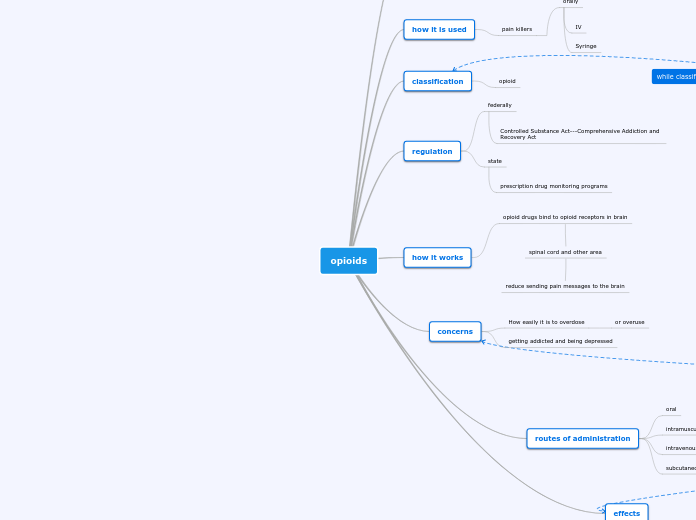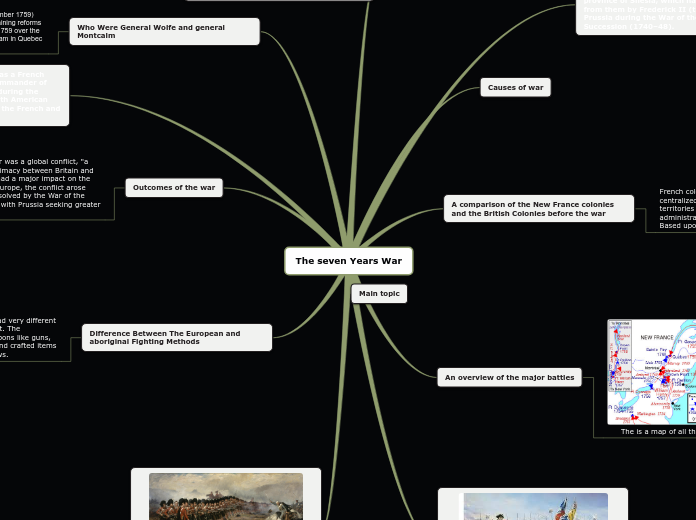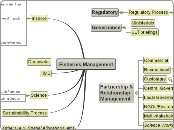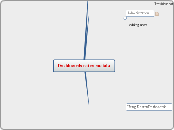по Adam Dryden 5 лет назад
251
opioids
Psychedelics and opioids are two classes of substances with distinct uses, effects, and regulatory concerns. Psychedelics, such as DMT, LSD, and psilocybin, influence neural circuits in the brain, particularly those involving mood, cognition, and perception.









